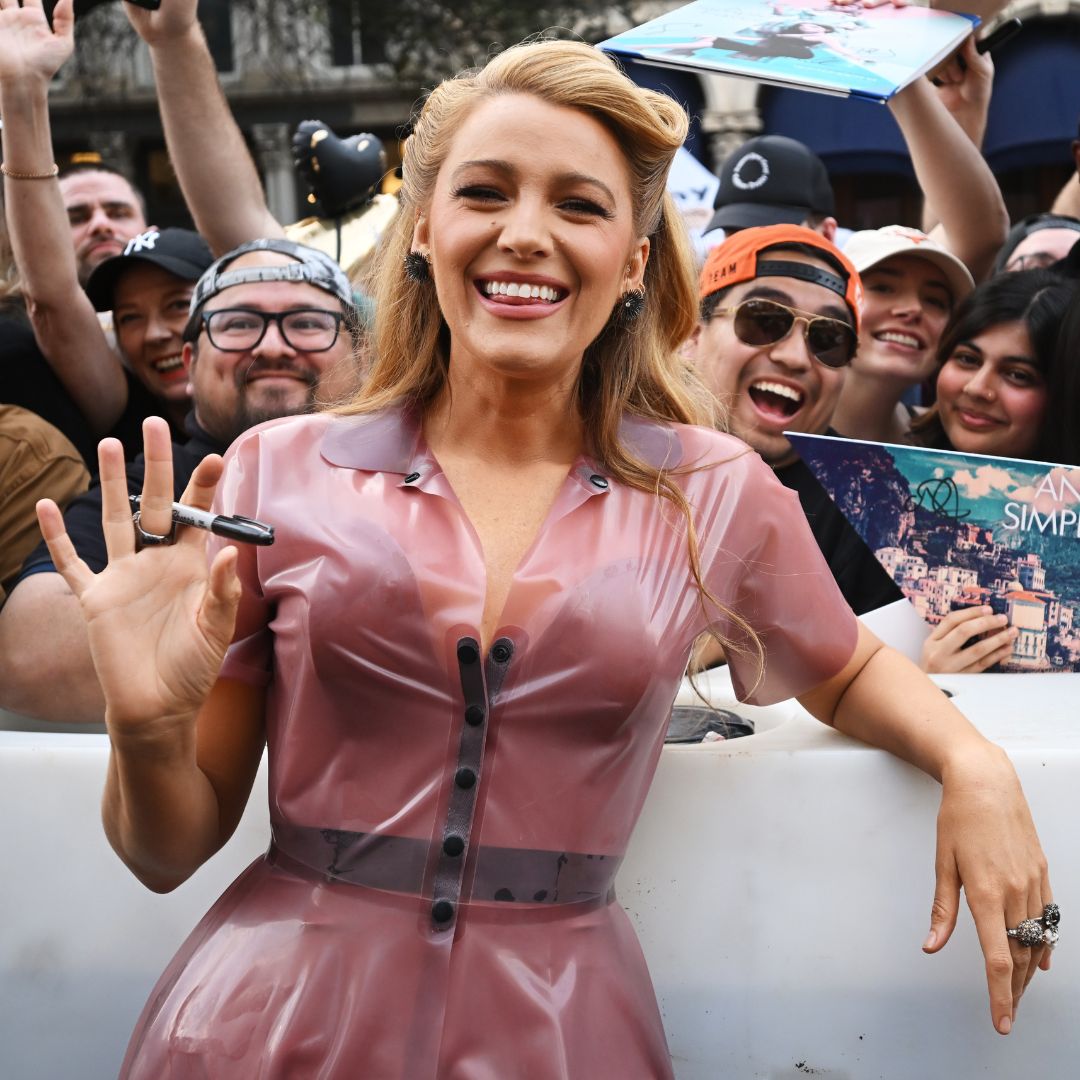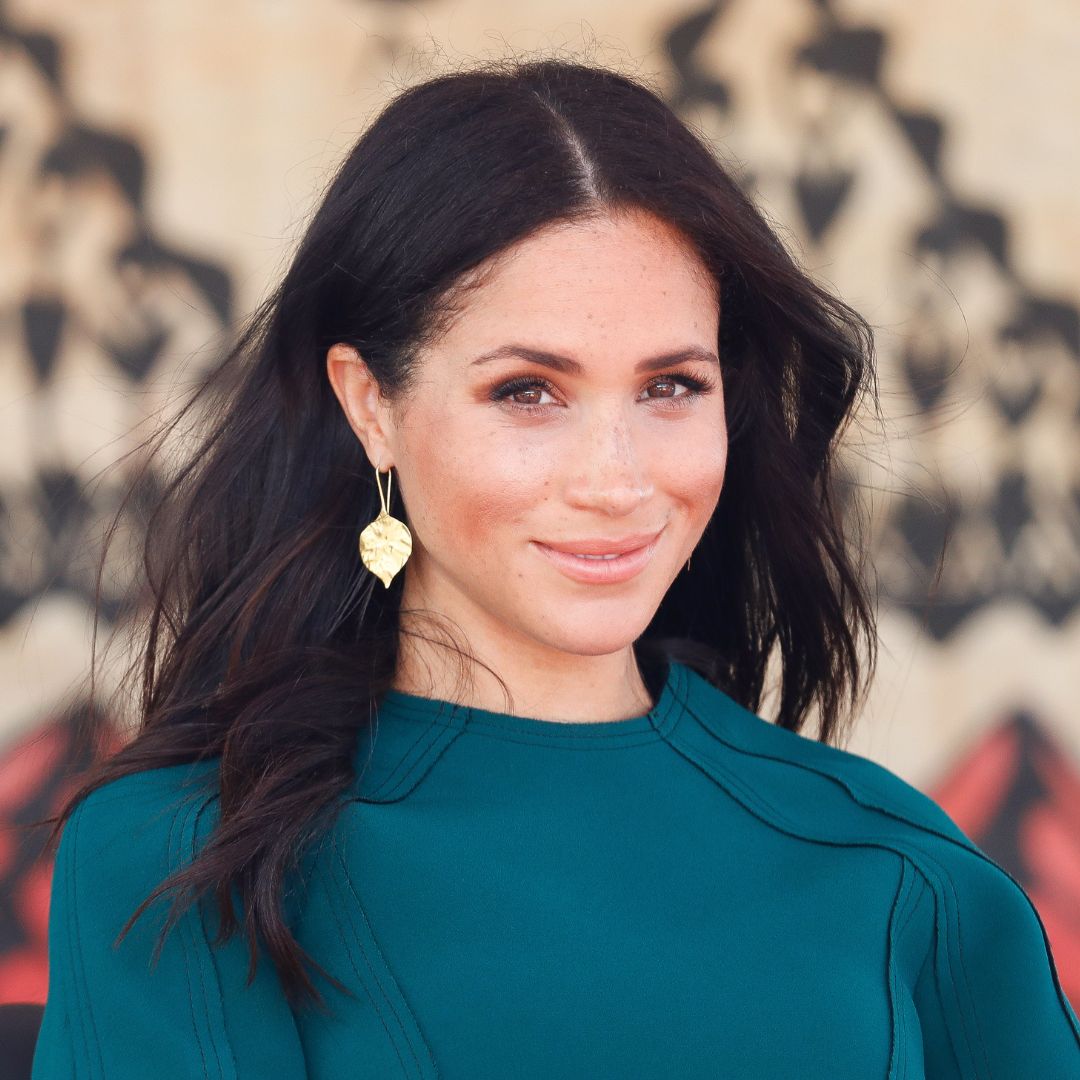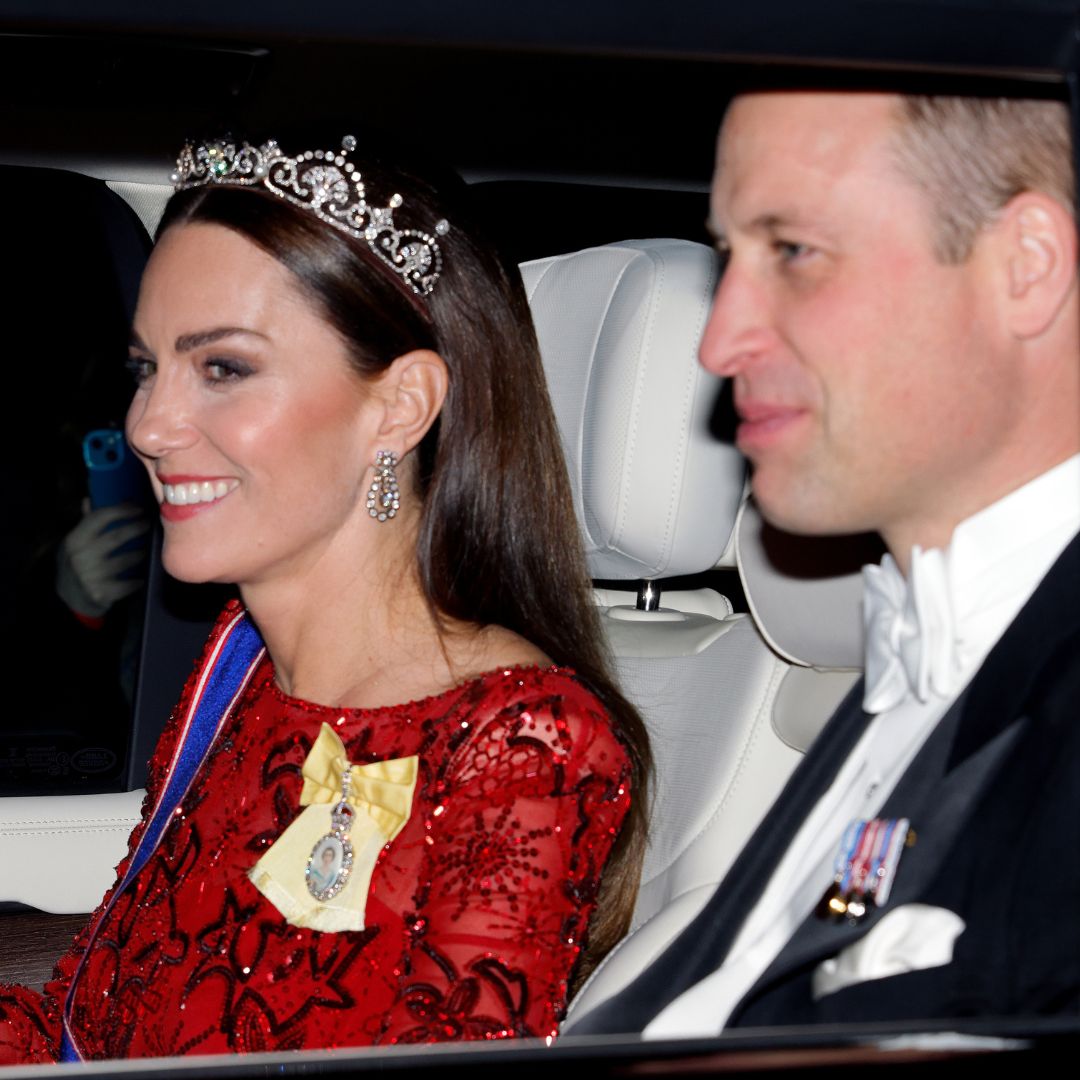It's a monumental year for women in sport – so why is misogyny still so rife on social media?
The comments on Just Eat’s TikTok video celebrating 101 new girl’s and women’s grassroots football teams across the UK show just how far we have to go in championing women’s sport.
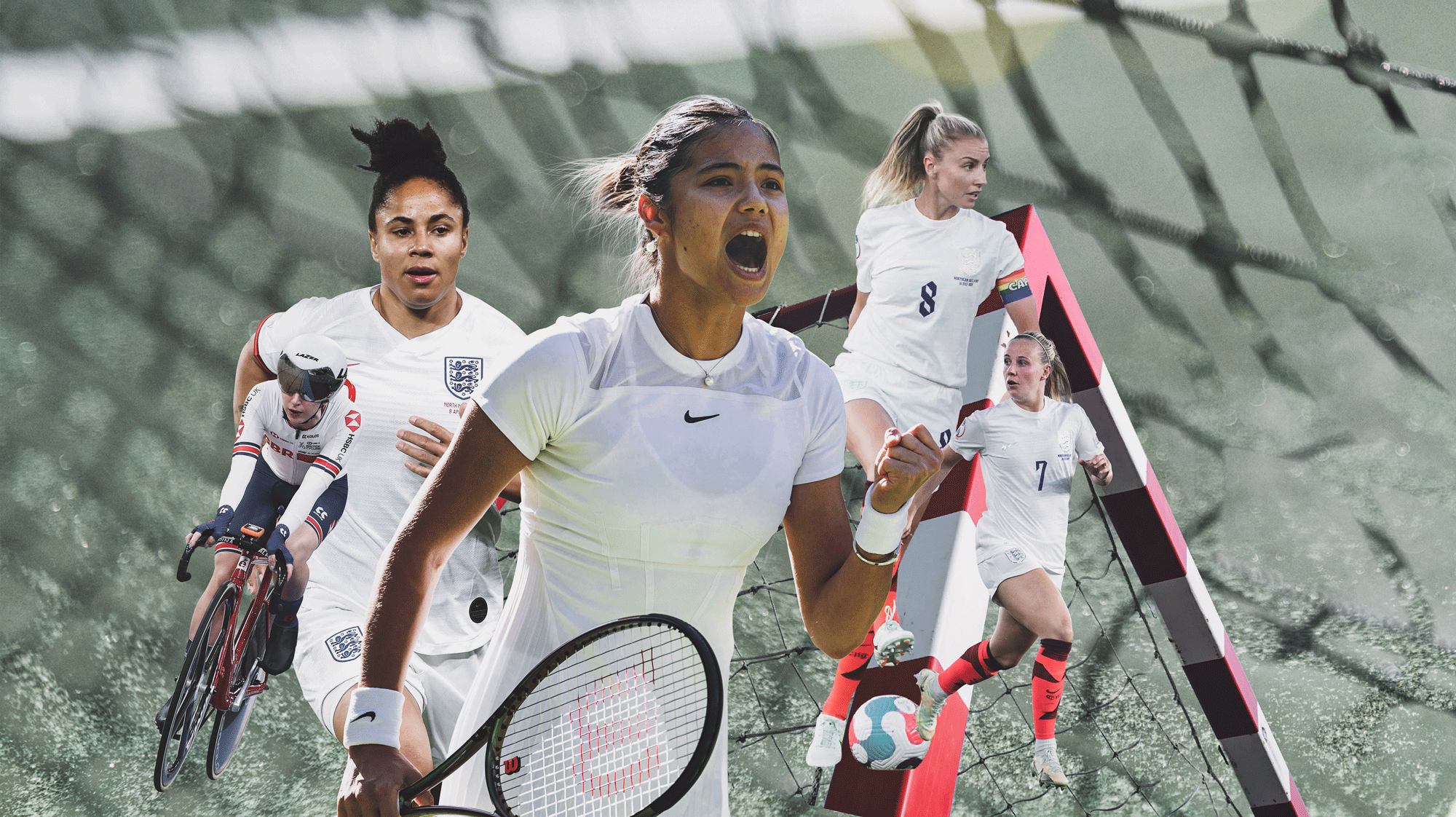
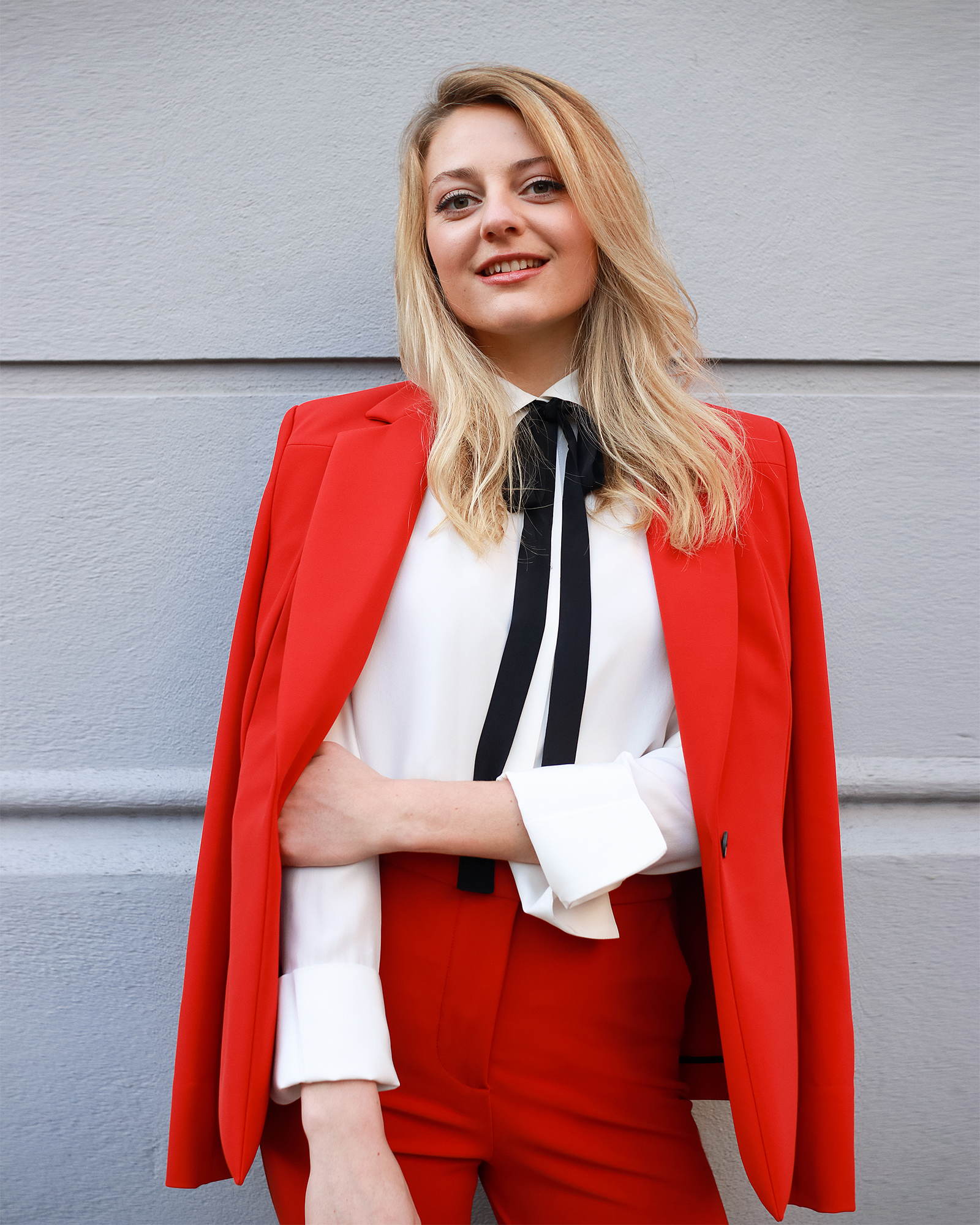
The comments on Just Eat’s TikTok video celebrating 101 new girl’s and women’s grassroots football teams across the UK show just how far we have to go in championing women’s sport.
There’s no denying that in recent years, the landscape for women’s sports has finally begun to shift. This year, in particular, it feels like women’s sport is going from strength to strength.
Next week, the first ever female offshoot of the famous Tour de France – Tour de Femmes – is taking place. The W Series - the all-female racing championship - recently exceeded 1M viewers over the Silverstone weekend, making it the biggest motorsport audience in the UK outside F1 since 2014. And, earlier this month, the opening event in the Women's Euros set a new attendance record with 68,871 fans at Old Trafford to watch England beat Austria 1-0.
Not only that, but for this year’s championships, Wimbledon made changes to the roll of honour – removing titles before the names of its female champions in line with the tournament’s presentation of its male winners.
It's a monumental year for female athletes - so why is sexism in sport still so rife?
Yet, despite the incontestable excellence of female athletes across the world – and the unstoppable rise of women’s sport, there is still so much misogyny. Especially on social media.
Fitness Instagrammers Twice the Health made a reel last week calling out some of the comments on a Just Eat TikTok ad. The ad, in partnership with the UEFA Women's Euros 2022, starts by explaining that “101 years ago, women’s football was banned in the UK” but now “it’s bigger and better than ever”.
In the video, Just Eat announce that they’re launching a new initiative to encourage girls and women across the UK to pick up their boots and get on the pitch by kickstarting 101 grassroots women’s teams. Something we all can – and should – get behind.
https://youtu.be/TarEB8M7Ypg
Marie Claire Newsletter
Celebrity news, beauty, fashion advice, and fascinating features, delivered straight to your inbox!
Yet, when you scroll through the hundreds of comments, most of them are negative, misogynistic and full of hatred. “The good old days,” says one – about when women’s football was banned.
“Still should be,” says another TikTok user. “If we could go back in time”, “101 years ago life was good”, “Bring back the past”, “Men's is better”, “Should have stayed that way”... and on and on they go.
“I saw the video on women’s football for Just Eat and thought, ‘that’s amazing’. But when I noticed there were a lot of comments – well over 500 – I had this sinking feeling, I just knew they’d all be horrible,” says Emily Kier, one half of Twice the Health. “When I read the comments, I wasn’t shocked, or even surprised. I was just angry.”
“There was no retaliation, just comment after comment. What got me was the volume of negative comments – these people went out of their way to write how they wished they could go back to ‘the good old days’ when women weren’t allowed to play football. They weren’t even talking about our ability to play sport, just that we shouldn’t,” says Kier.
“Within my small bubble of sporty friends, we often talk about ways to champion women’s sport – especially with the Tour de Femme this summer – but we all know that this kind of negativity exists and comments like these just seem to keep coming.”
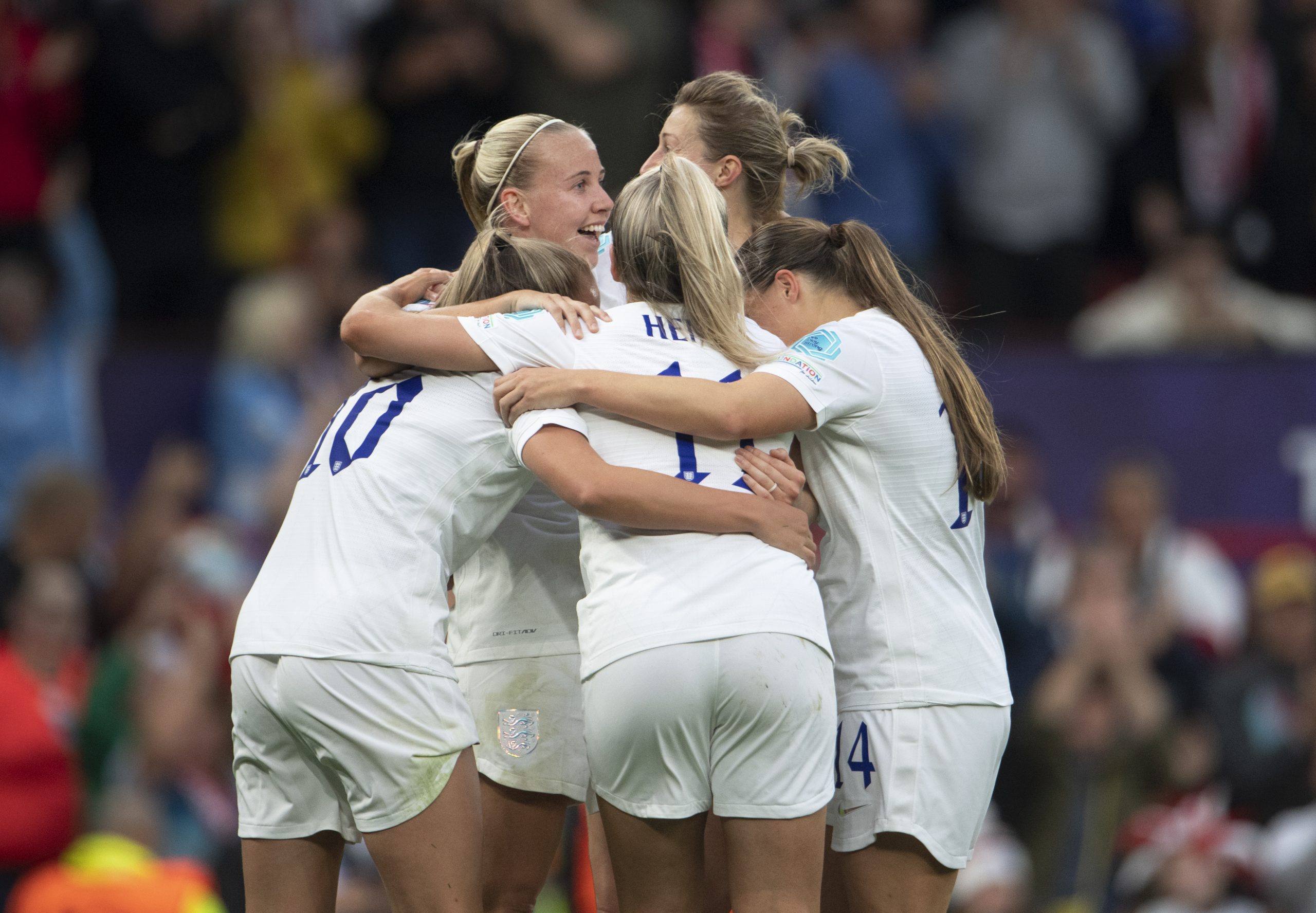
So how does this abuse end?
Sue Anstiss MBE, author of Game On – The Unstoppable Rise of Women's Sport and founder and CEO of Fearless Women, says it starts with education.
“It’s about educating men to begin to appreciate that as women's sport grows and thrives and flourishes and becomes more successful, it's not taking anything away from them – we're not dividing the pie," she shares.
"They're not going to get less coverage, less visibility, less funding for their teams,” she says.
Football fans, in particular, she explains, tend to feel particularly protective over football as ‘their sport’. “This doesn't excuse it whatsoever, but there's definitely something around that tribalism where men feel very protective over football and therefore to discredit and to belittle women playing it, makes them feel better amongst their peers and in themselves,” she says.
“Without doubt, there's more of that in football than any other sports I've come across – whether that’s rugby or cricket or MMA – anything else. Football is the most misogynistic of all the sports – it exists everywhere, but more so in football.”
Of course, there will always be a small minority of people who are misogynistic or racist or homophobic, but for those who truly believe football isn’t for women, hopefully seeing the quality of women’s sport will help shift their minds and attitudes.
The Women’s Euros 2022 are being shown on BBC and Sky and mainstream television, “so people can see it’s an incredible product, that might not even look like the sport they may have seen 20 years ago,” adds Anstiss. “The quality and standard has massively improved.”
And if you can’t bring them around by making them watch the game, showing them just how great it is and the benefits of women’s sport, then “you might be able to drown their voices out by being overly positive,” she says. “Call them out, lean on allies – both male and female – and swamp the messages with things like ‘this is fabulous’ and ‘I love this’ to spread positivity and make more noise than it.”
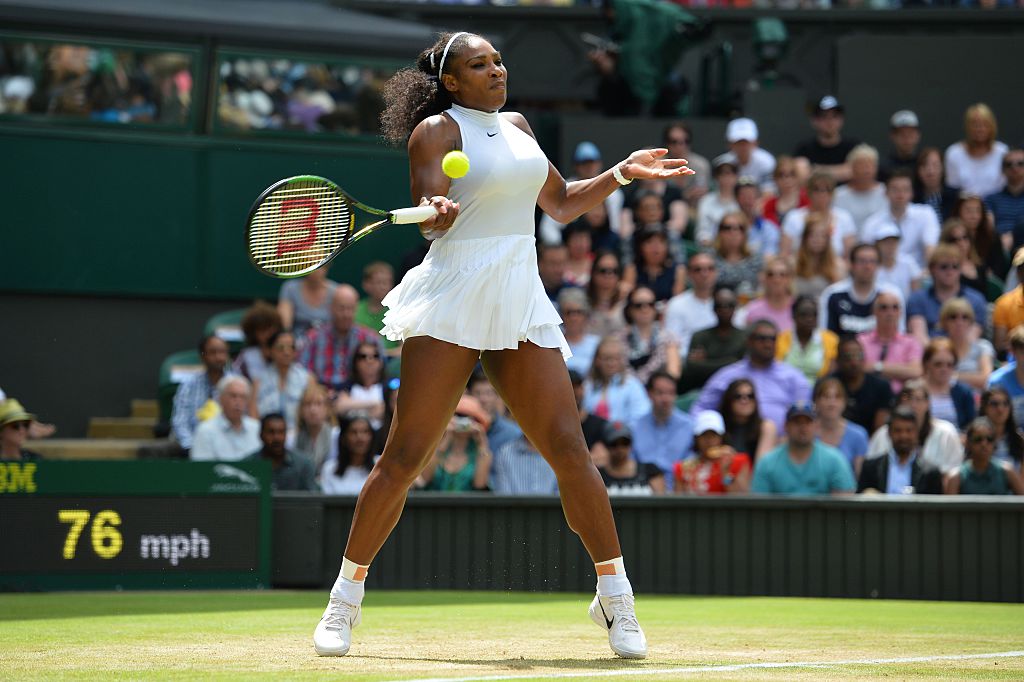
If you see hate on social media you can of course just block, mute and report it. “I don’t think that’s the total solution,” says Anstiss. “But – we say this to some of the female athletes that get abuse online – blocking out and not hearing it, does make a difference. People are only positing these comments because they want a response and a reaction, and sometimes they even just cut and paste what others have said because it seems like they’ll get attention.”
The internet can, at times, seem like an echo chamber made to amplify trolls and nasty comments. “Social media, sadly, is a place where they can say things they would never say on the street and would never say to a professional footballer face to face. But social media gives people an available means of being nasty – enabling them to behave in a way they perhaps wouldn’t in society,” she adds.
But it’s not all doom and gloom – change is happening in women’s sport, despite what these keyboard warriors write online.
“I do think that as women’s sport becomes ‘normalised’ – it becomes more every day, and we see more games, more coverage – that those men who fear that their sport is being taken away from them will see the positives and benefits of women's sport (they may even have daughters who experience those benefits) and attitudes will change – in fact, they already are changing,” she confirms.
-
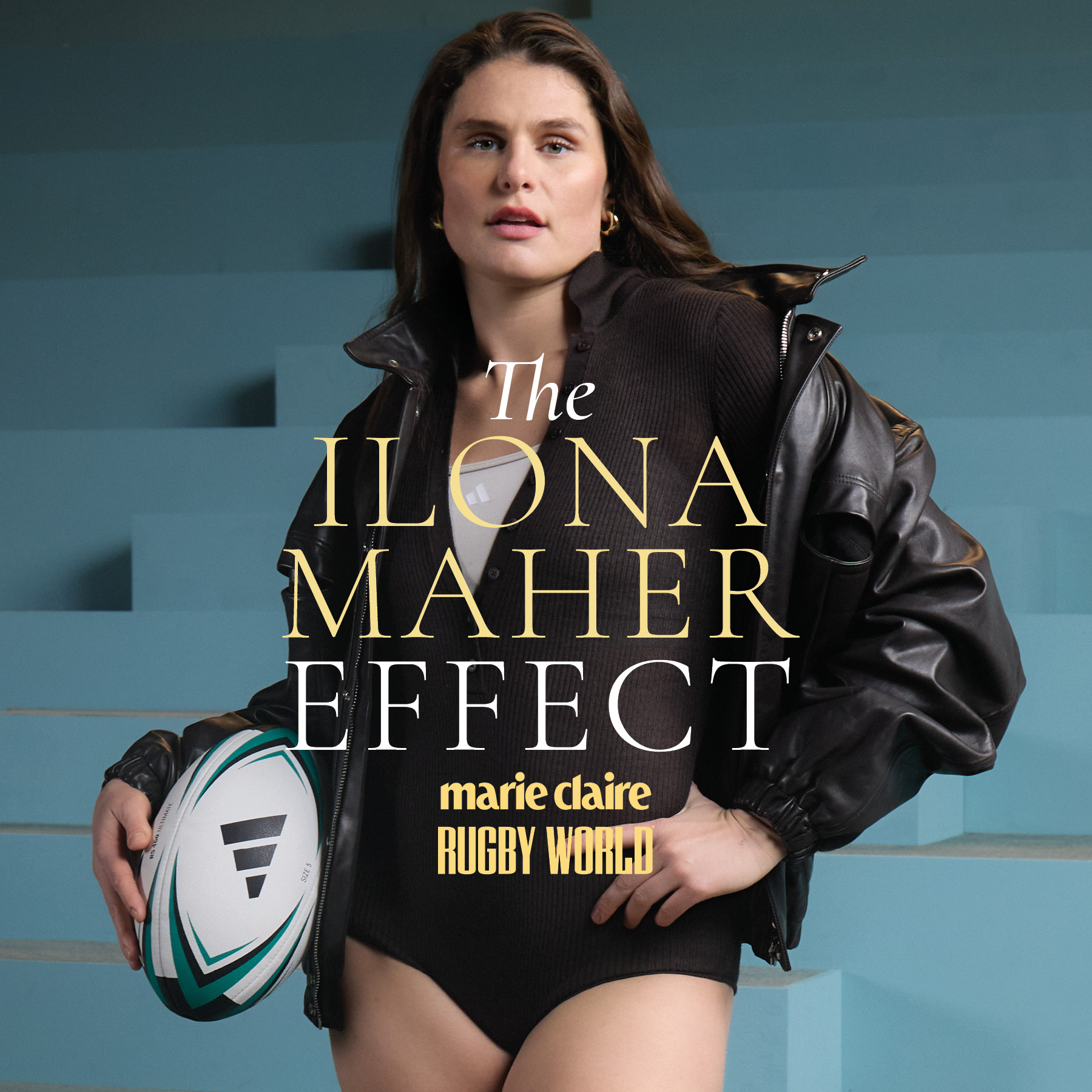 Introducing Global phenomenon, Olympic medallist and rugby icon Ilona Maher
Introducing Global phenomenon, Olympic medallist and rugby icon Ilona MaherBy Ally Head
-
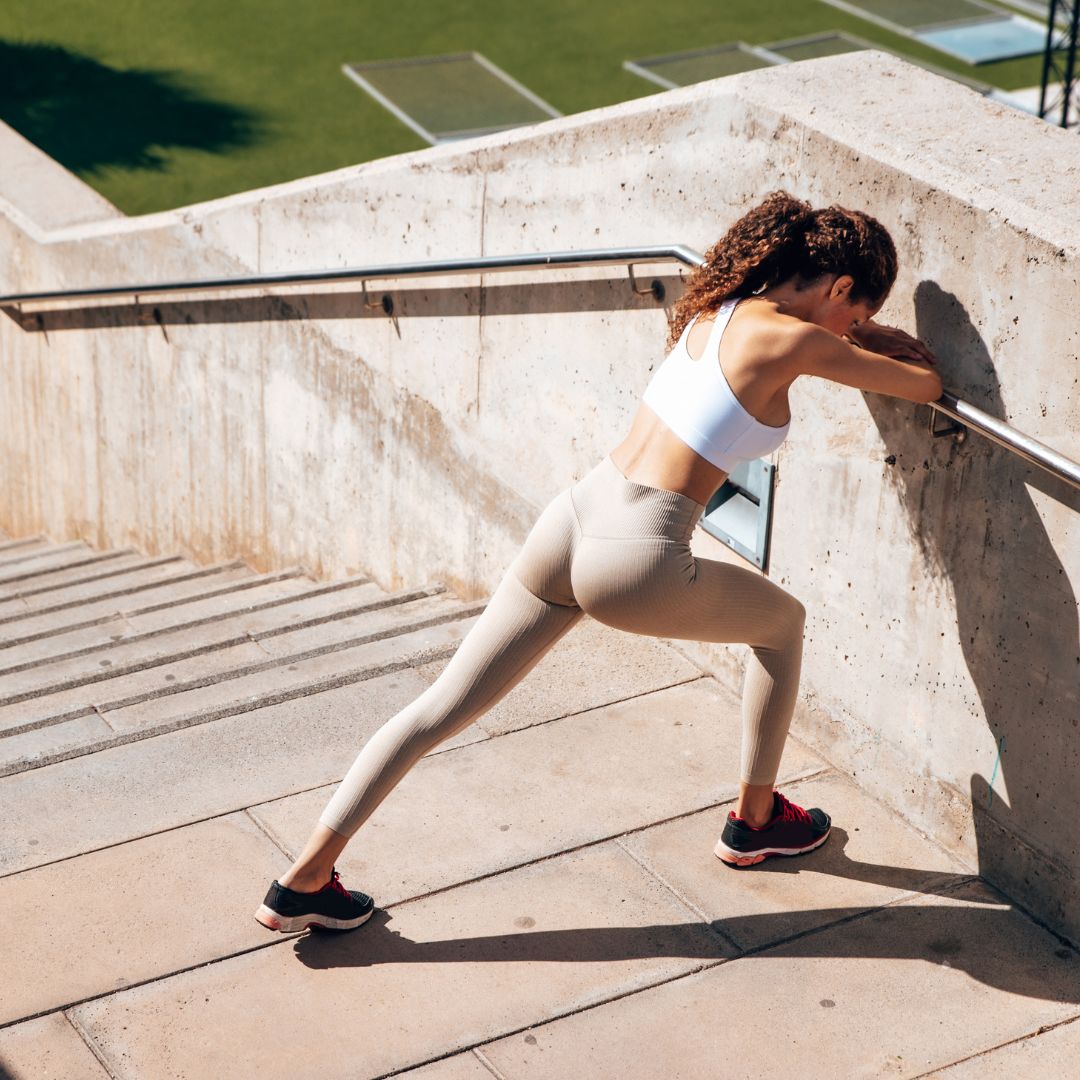 We asked a record-breaking athlete for her 10km training tips - trust us, you're almost guaranteed a new PB with this advice
We asked a record-breaking athlete for her 10km training tips - trust us, you're almost guaranteed a new PB with this adviceKeen to up your speed?
By Ally Head
-
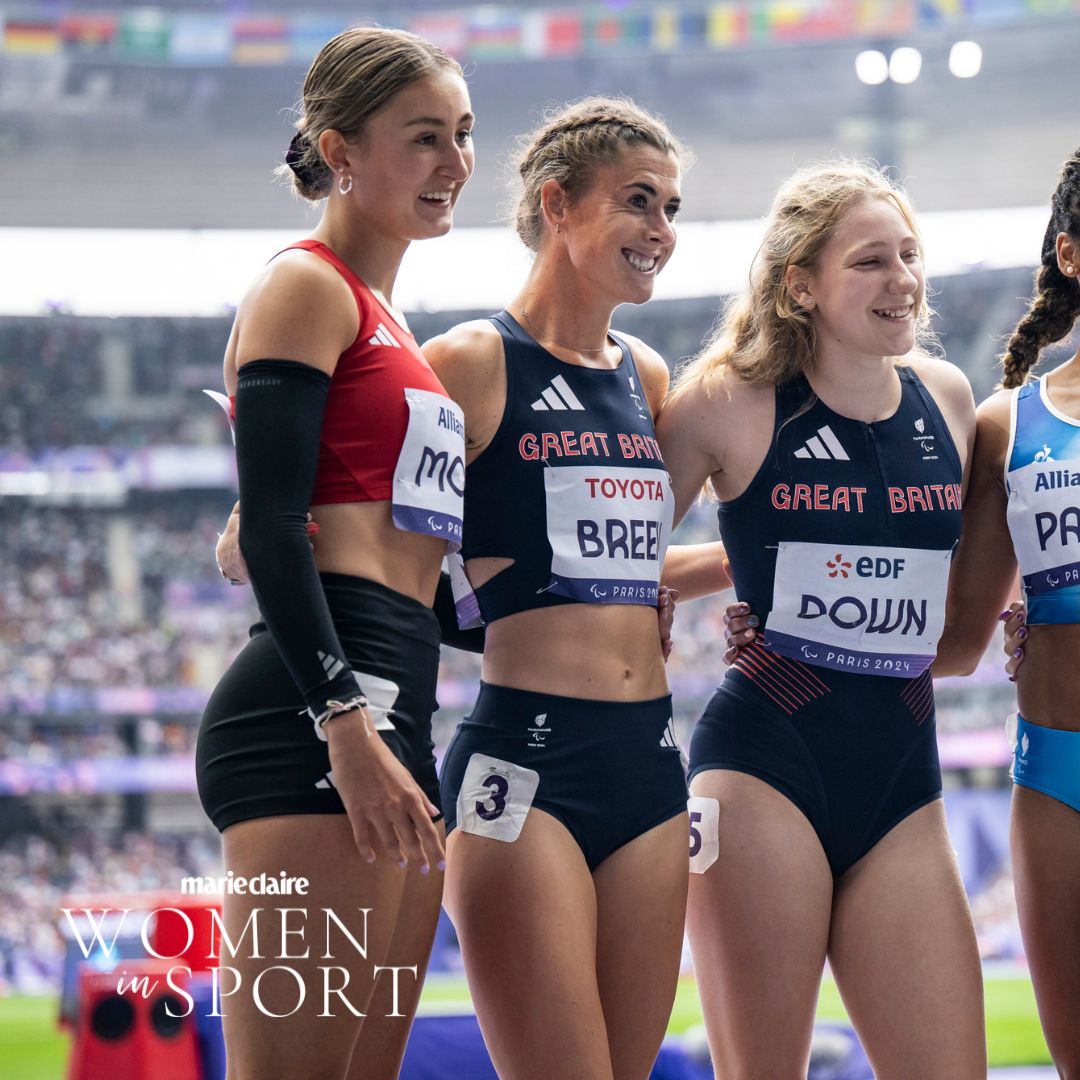 As the Paralympics finishes, Livvy Breen chats following your dreams, owning your strengths, and never giving up
As the Paralympics finishes, Livvy Breen chats following your dreams, owning your strengths, and never giving upThe three-time Paralympian chats to MC UK.
By Ally Head
-
 Lauren Steadman: "I use sport as a vehicle - I might have an arm missing, but I'm just as strong as you are."
Lauren Steadman: "I use sport as a vehicle - I might have an arm missing, but I'm just as strong as you are."The Paralympic champion and MBE owner discusses her most important life lessons.
By Ally Head
-
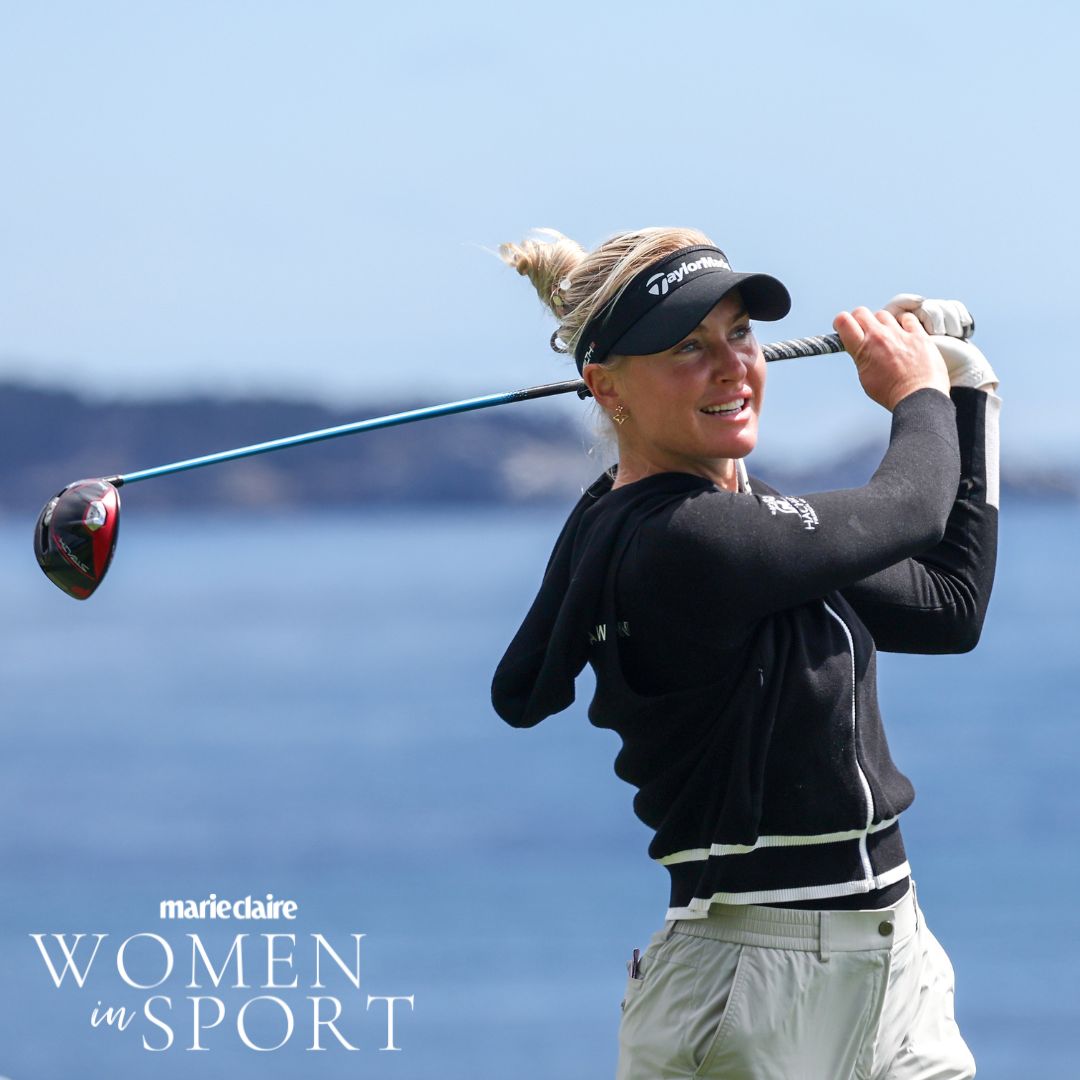 Charley Hull talks self care, confidence and the most pressing issues for female pro golfers today
Charley Hull talks self care, confidence and the most pressing issues for female pro golfers todayAs part of our Women in Sport special this summer, the British golf pro shares life lessons from her exciting career.
By Jenny Proudfoot
-
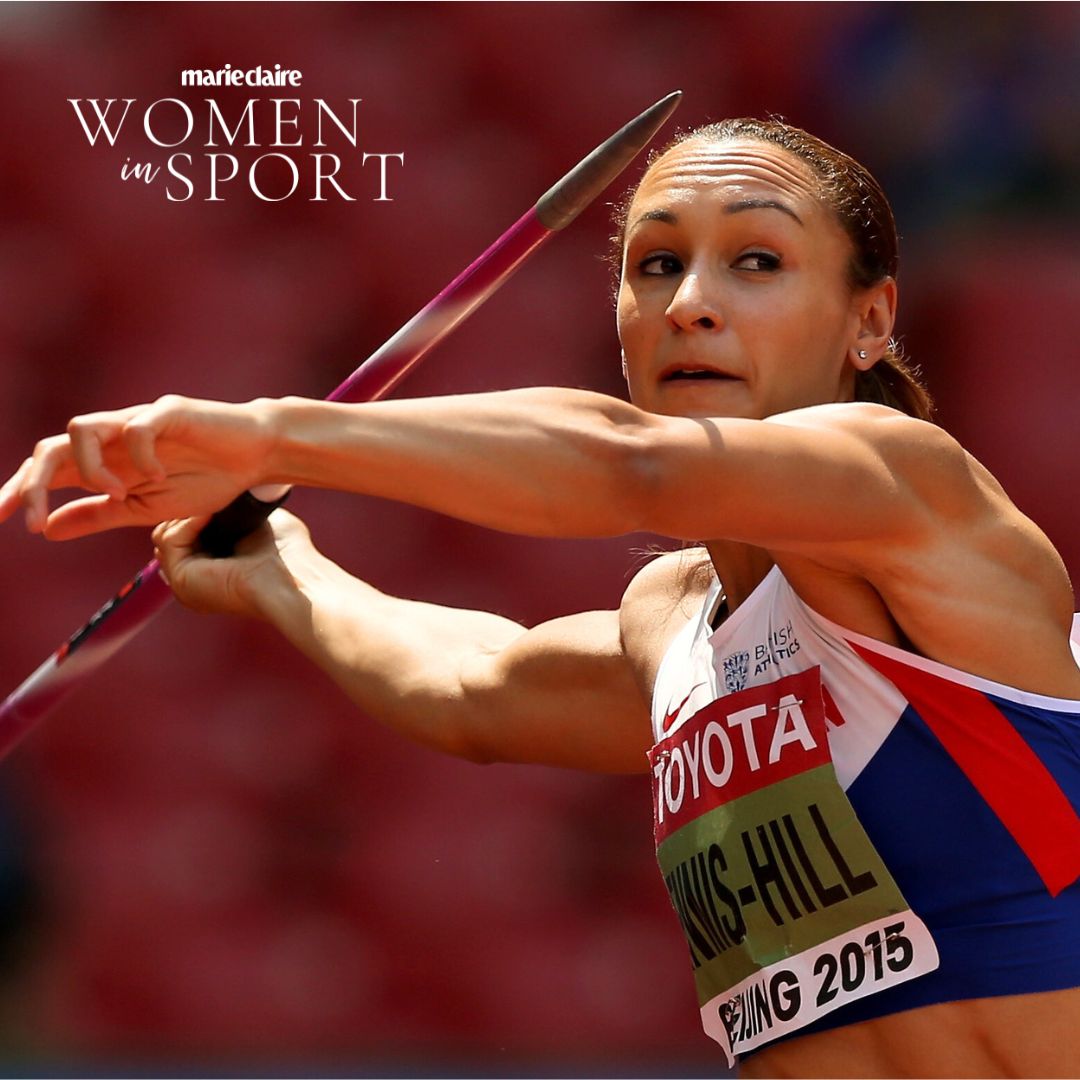 Jess Ennis Hill chats motherhood, menstrual cycles and investing in workout kit that makes you feel great
Jess Ennis Hill chats motherhood, menstrual cycles and investing in workout kit that makes you feel greatLife lessons from the three-time world champion.
By Ally Head
-
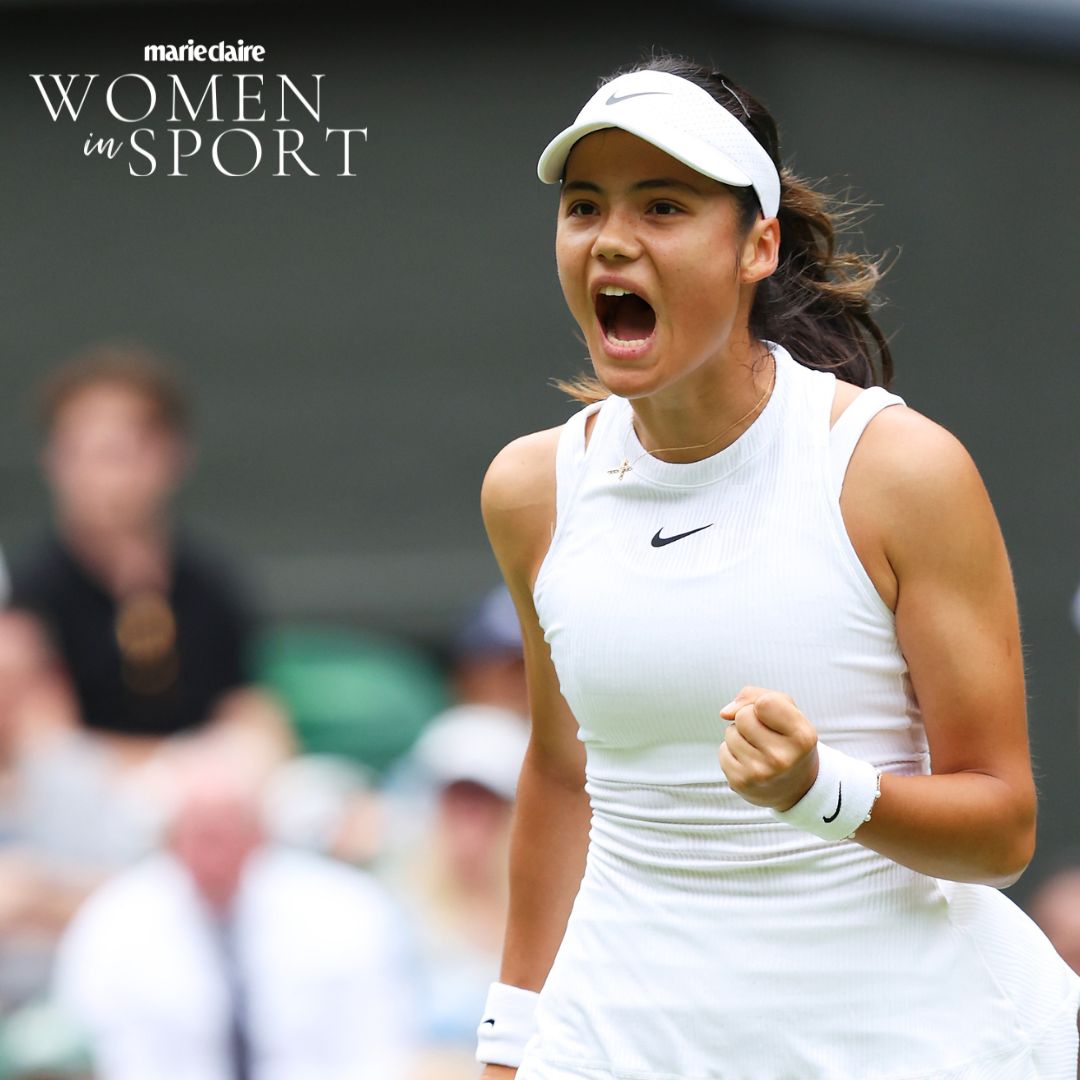 Emma Raducanu talks self care, bouncing back from injury and why there's more to life than tennis
Emma Raducanu talks self care, bouncing back from injury and why there's more to life than tennisAs part of our Women in Sport special this summer, the British tennis pro shares life lessons from her already triumphant career.
By Jenny Proudfoot
-
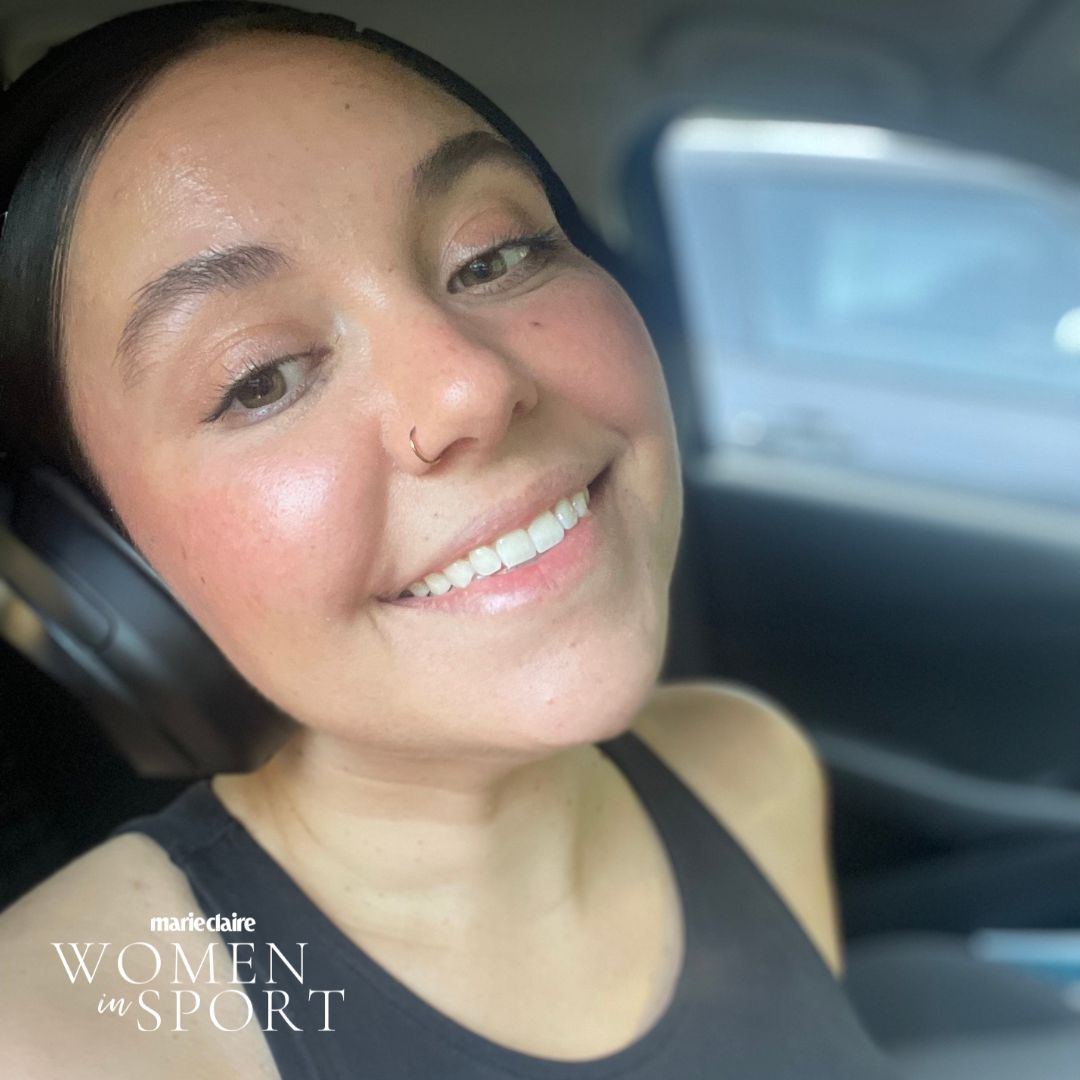 I trained like an Olympian – and have a newfound respect for their strength, agility, and motivation
I trained like an Olympian – and have a newfound respect for their strength, agility, and motivationBy Abbi Henderson
